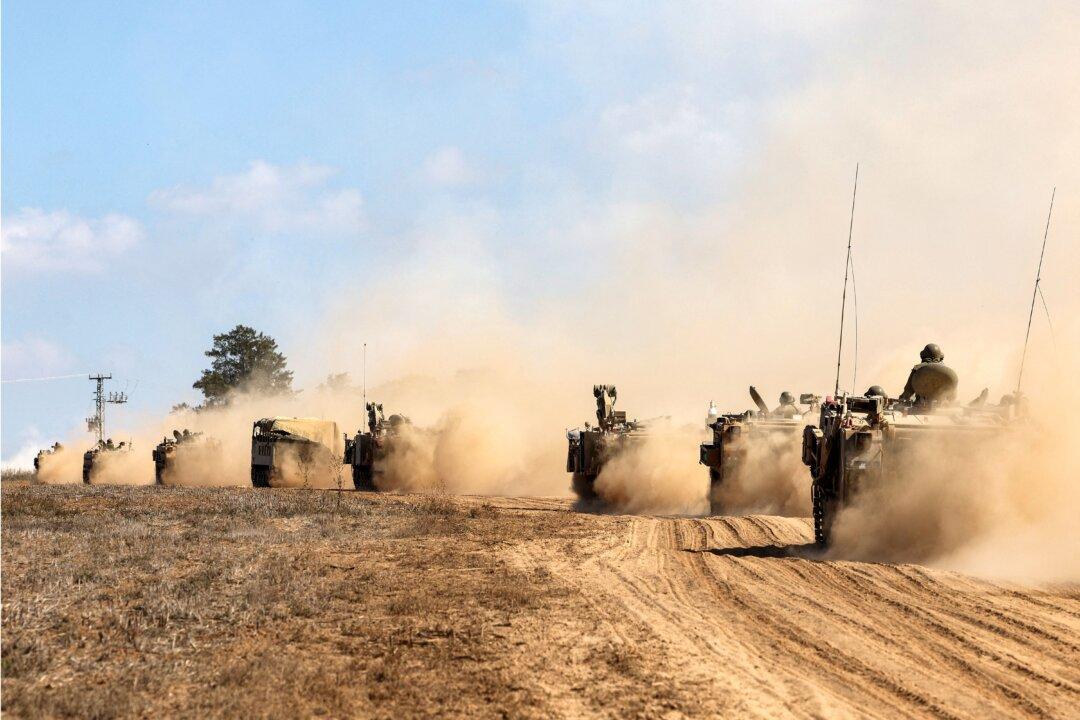Israel rebuked China for failing to condemn the brutal killing of its citizens by Hamas and not recognizing the country’s right to defend itself in the face of terror.
Hamas’ recent assault killed more than 1,300 Israelis, as of the latest update. In its statement after the incident, China urged Israel and Palestine to remain calm while calling for a “two-state solution,” ending the conflict by establishing “an independent Palestinian state.” Beijing stopped short of condemning the attack.





